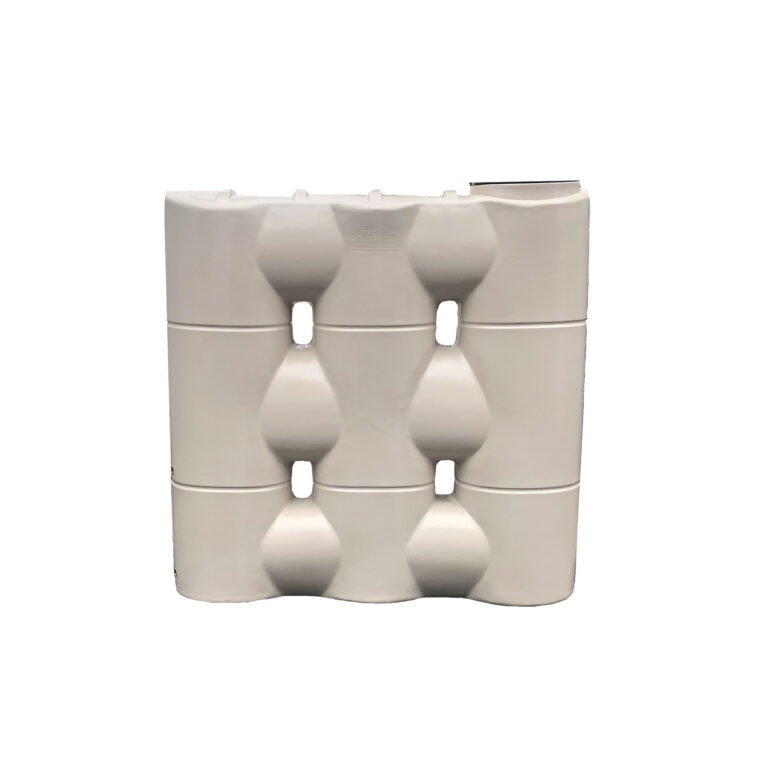Best Slimline Water Tanks: Durable and Compact Water Storage Options
Best Slimline Water Tanks: Durable and Compact Water Storage Options
Blog Article
Discovering the Different Uses of Rain Tanks for Residential and Commercial Properties
As the worldwide emphasis on sustainable living techniques remains to increase, the utilization of rain containers in both domestic and industrial setups has become a relevant option. These containers provide a tank for rain harvesting, presenting a myriad of prospective applications that expand much beyond simple storage space. From irrigation to bathroom flushing and landscape design, the convenience of rainwater tanks is huge. In addition, their integration into industrial homes opens a world of opportunities for environmentally conscious services. The multifaceted uses of rainwater storage tanks provide an engaging instance for their fostering, not just as a practical water-saving measure however additionally as a testimony to responsible resource administration.
Advantages of Making Use Of Rain Containers
Making use of rain tanks provides various advantages for both houses and areas in regards to water conservation and sustainability. One of the vital advantages of utilizing rain tanks is the significant reduction in reliance on keys supply of water - Slimline water tanks. By catching and keeping rain for later use, individuals and areas can reduce their need for treated water, inevitably alleviating the concern on water therapy facilities and lowering energy intake related to water transportation and treatment
In addition, rainwater collecting through containers offers a reputable alternative water resource during times of water limitations or shortages. This kept rain can be utilized for different non-potable objectives such as irrigation, purging toilets, and washing garments, minimizing the pressure on standard water resources. Additionally, utilizing rain tanks can bring about cost financial savings for both households and communities by reducing water bills and lowering the need for expensive framework expansions to meet growing water needs.
In significance, the utilization of rainwater storage tanks supplies a lasting and environmentally friendly strategy to water monitoring, benefiting both private users and the more comprehensive area in terms of water conservation, cost-efficiency, and resilience.
Rainwater Storage Tank Use in Watering
Offered the benefits of rainwater tanks in saving water sources and lowering reliance on mains supply of water, a considerable application depends on utilizing stored rainwater for irrigation functions - Slimline water tanks. Rain collecting systems can effectively collect and store rainwater, supplying a lasting water source for watering gardens, yards, and farming fields. By utilizing rainwater for watering, residential property owners can decrease their dependancy on cured water resources, resulting in set you back financial savings and ecological advantages

Among the main advantages of making use of rain for irrigation is its pureness. Rainwater is normally soft and complimentary from the chemicals and additives commonly discovered in mains water, making it suitable for nourishing plants without the threat of damaging effects. Furthermore, rain is at ambient temperature, which can profit plant development by preventing temperature level shocks that can accompany chilly keys water.
Rain Tanks for Toilet Flushing

Carrying out rainwater tanks for toilet flushing is a cost-efficient and eco-friendly practice that can be conveniently incorporated into both residential and business buildings. The stored rain can be utilized to flush bathrooms by connecting the container to the existing plumbing system. This straightforward yet efficient solution can significantly reduce water consumption in a structure, especially in locations where water scarcity is why not try these out a problem.

Integrating Rainwater Tanks in Landscaping
These tanks can capture and keep rainwater drainage from roofing systems, which can after that be used for sprinkling gardens, grass, and check here plants. By using rainwater for irrigation objectives, residential property owners can lower their reliance on metropolitan water sources, leading to set you back savings and preservation of precious water sources.
Along with supplying a sustainable water source for landscape design requirements, rain tanks can likewise aid in handling stormwater drainage. By catching rain that would otherwise move into storm drains pipes, these tanks can alleviate disintegration, decrease flooding threats, and prevent contamination of all-natural water bodies. Including rainwater tanks in landscape design can add to the overall aesthetic charm of the building, showcasing a commitment to environmental stewardship.
Business Applications of Rain Tanks
Utilizing rainwater storage tanks in industrial setups supplies a lasting solution for water management and conservation, benefiting services and the atmosphere alike. Business applications of rain containers are varied and increasingly popular because of the expense financial savings and ecological advantages they provide. One essential industrial usage is for watering functions, where collected rain can be made use of to water landscape design, gardens, and farming areas bordering business homes. This can cause considerable decreases in water expenses and reliance on local water resources.
Additionally, rain accumulated in storage tanks can be treated and used for non-potable objectives within commercial residential or commercial properties, such as flushing commodes, cleaning, and cooling click reference systems. Generally, the unification of rainwater storage tanks in industrial setups presents a useful and ecologically liable approach to water administration.
Verdict
From irrigation to toilet flushing and landscape design, the usage of rain storage tanks can assist save water resources and reduce water bills. On the whole, the versatility and sustainability of rain storage tanks make them a useful financial investment for any type of home owner looking to enhance water efficiency.
Report this page